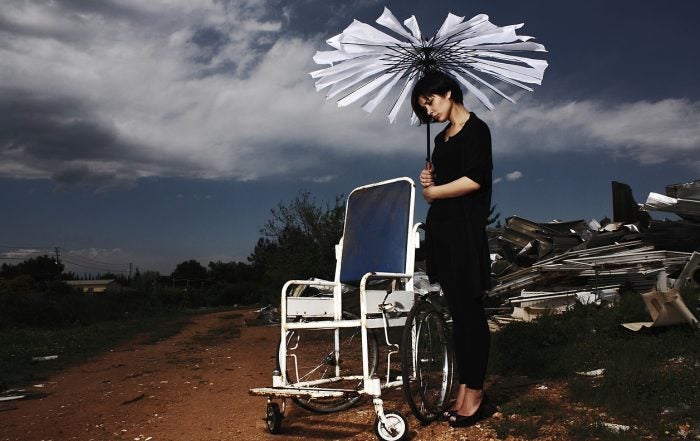Home » Posts tagged 'cancer'
Tag Archives: cancer
The Long-term Effects and Implications of Testicular Cancer Treatment
By Michael Guo, Molecular and Medical Microbiology ‘25 Author’s Note: After I returned home for winter break last year, I learned that a friend from my high school was diagnosed with testicular cancer. While I have limited experience with cancer and pathology, I hoped to educate myself about a topic that impacts and will continue […]
650-million year old enzyme used to target cell death in cancer cells
By Vishwanath Prathikanti, Anthropology, ‘23 Author’s note: As someone studying Anthropology at Davis, I often see my friends confused when I tell them how much of my studies consist of biology and chemistry. It’s a fairly common conception that Anthropologists mainly study human culture, and while cultural anthropology is an important aspect of the field, […]
The Scientific Cost of Progression: CAR-T Cell Therapy
By Picasso Vasquez, Genetics and Genomics ‘20 Author’s Note: One of the main goals for my upper division UWP class was to write about a recent scientific discovery. I decided to write about CAR-T cell therapy because this summer I interned at a pharmaceutical company and worked on a project that involved using machine learning […]
The Effect of Trastuzumab on HER2-Signaling in Breast Cancers to Induce Cardiotoxicity
By Karissa Cruz, B.S. Biochemistry and Molecular Biology, Spring ‘19 Author’s Note: I wrote this piece as part of my UWP 104F assignments and ended up becoming really interested in what I wrote about. I specifically chose this topic because I think breast cancer is a smart, complex disease, and the treatment can change day-to-day. […]
New Drug “Sponge” Absorbs Chemo Side Effects
By Brooke B., Neurology, Physiology, and Behavior, ‘22 Author’s Note: I heard about this device on the news, and I was immediately intrigued by the concept. I decided to research it further, upon which I was surprised how logical and efficient the device worked with such substantial results. I wanted to share what I believe […]
Monocarboxylate Transporter 1’s Facilitation of Cancer Cell Activity
By Rachel Hull, Biochemistry and Molecular Biology, ’19 Author’s note I originally wrote this paper for my Biological Systems class, the instructor of which was interested in researching the physiological role of monocarboxylate transporter 1 (MCT1). He instructed his students to write an essay exploring this role in any way they wanted, and I chose […]
Cell-free DNA Testing as the Next Generation of Cancer Screening
By: Anna Kirillova, Cell Biology, ‘19 Author’s Note: “This article was brought to my attention in my Human Genetics class (MCB 162) when we were discussing novel methodologies for diagnosis of fetal trisomies (Down Syndrome). The purpose of this review is to highlight how basic biology can translate into significant advancements in disease diagnosis. […]
Can Polio Cure Cancer?
By Briga Mullin, Biochemistry and Molecular Biology, ’15 The human body’s immune system has been developed to successfully battle foreign invaders including bacteria, parasites, and viruses. Immunotherapy is the idea that the power of the immune system can be utilized against diseases such as cancer. Typically, the immune system does not harm the body’s own […]
A Breakthrough in Breast Cancer Treatment
Exciting, new gene therapy treatments for breast cancer are on the verge of making a breakthrough. With proper funding, these procedures could reduce the need for the surgical removal of organs. By Rayan Kaakati, Neurobiology, Physiology, and Behavior Being born female automatically enters one in a game of Russian roulette: About 1 in 8 women […]
From Embryo to Tumor: the widespread applications of Epithelial-Mesenchymal Transition
By Briga Mullin, Biochemistry and Molecular Biology, ’15 What do a smoker, a two week old embryo, a child with a broken wrist, and a metastatic tumor all have in common? While these are a diverse group of conditions, they all have cells that are experiencing the same process known as epithelial-mesenchymal transition (EMT). Mesenchymal […]

